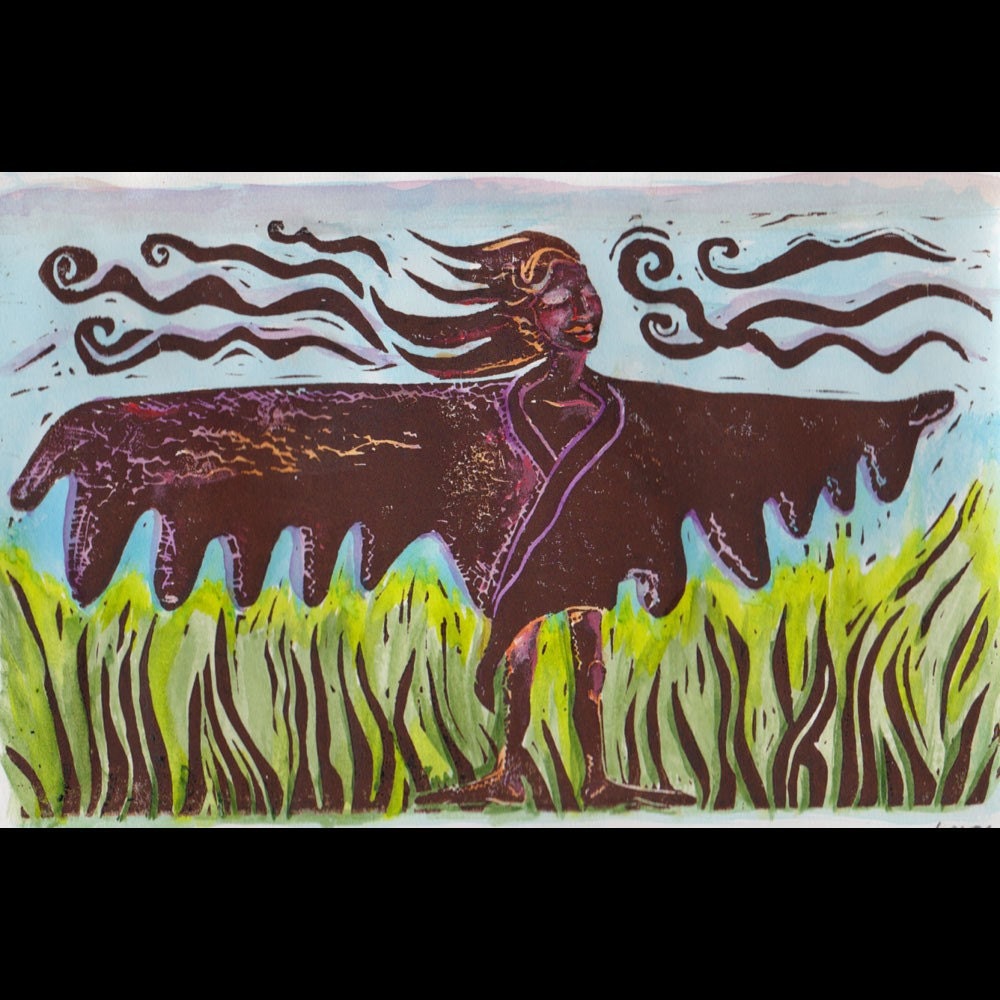Rumi-nating - Of Mystics and Media
The poetry of the Sufi Rumi often lends itself to mysticism and serene slippages of the tongue. Rumi represents the tremendous hermeneutic depth inherent in the incessant reinterpretation of Islam and the Quran. As a scholar and headmaster of schools in the Middle East Rumi was exposed to the most modern advances in science and philosophy of his time, which is evident in the topos of his writing He was a firm believer that if you speak a new language you shall have a new world before your eyes; which points to the very modern concept that language is constitutive of our shared reality.
Confused and distraught
Again I am raging, I am in such a state by your soul that every bond you bind, I break, by your soul. I am like heaven, like the moon, like a candle by your glow; I am all reason, all love, all soul, by your soul. My joy is of your doing, my hangover of your thorn; whatever side you turn your face, I turn mine, by your soul. I spoke in error; it is not surprising to speak in error in this state, for this moment I cannot tell cup from wine, by your soul. I am that madman in bonds who binds the "divs"; I, the madman, am a Solomon with the "divs", by your soul. Whatever form other than love raises up its head from my heart, forthwith I drive it out of the court of my heart, by your soul. Come, you who have departed, for the thing that departs comes back; neither you are that, by my soul, nor I am that, by your soul. Disbeliever, do not conceal disbelief in your soul, for I will recite the secret of your destiny, by your soul. Out of love of Sham-e Tabrizi, through wakefulness or nightrising, like a spinning mote I am distraught, by your soul.
There are some who try and abstract Rumi out of his historical and cultural context in order to harness the eternal essence of his writing, his poetry has been translated into contemporary American idioms as well. There is an undeniable benefit to making the language of his works more accessible to larger audiences, however its clear there is little value in completely ignoring the origins and influences of his work; i.e. the theological environment from whence it arose.
Rumi’s work has the feel less of a sermon than a dialogue or discourse, a song or a conversation. In the above poem he writes “I, the madman, am a Solomon.” There is an uncanny similarity between his poetry and the Songs of Solomon, odes of love to the divine rather than Jeremiads.
While there is a stark similarity in styles between Solomon and Rumi in their mode of presentation, there are much more poignant cleavages running through the content of the messages themselves. One major difference between the belief systems erected by the different theological traditions is in the understanding of the origin of evil. While Christianity tells a narrative of the Fall of Man and Original Sin, for the Sufi’s it is a question of ‘vic’ or remembrance of a forgotten divine. Humanity is impregnated with a spirit that is both beyond and every bit a part of itself, one gets a glimpse of or tastes a bit of this ethereal yet immanent essence through finite yet particular experiences of love.
For Rumi, the task of living righteously in the world is not a prohibitionist warding off of evil, but rather a hopeful stylistics of existence that seeks to affirm the divine in one’s working on and understanding of the world. It is a mode of being that begins with an ethos of generosity, in its interpretation of Islamic code, in its disposition toward others, and in its cultivation of habits in the daily regimen of life. To live justly is less so the protection of a body from harmful pathogens, than is it a joyful journey in search for the lost ruins of the spirit.
This interpretation of Islam, one that is more commonplace for many Iranians, is one radically opposed to that in the lamestream media. It seems to strike at and shatter the certainty of the American conception of radical Muslims. Moreover, it is an ethos that embraces and actively advocates for a cosmopolitanism in global affairs. Perhaps there are overlooked wooden grains in the carpentry of religion.
Labels: Confused and Distraught, Cyberculture, Cyberhetoric, Ethos, Iran, Islam, Media, Middle East, Muslim, Mysticism, Mystics, New Media, Poesis, Poetry, Quran, Rage, Rumi, Sufi, Sufism




0 Comments:
Post a Comment
Care to Share your thoughts on this post?
Subscribe to Post Comments [Atom]
<< Home